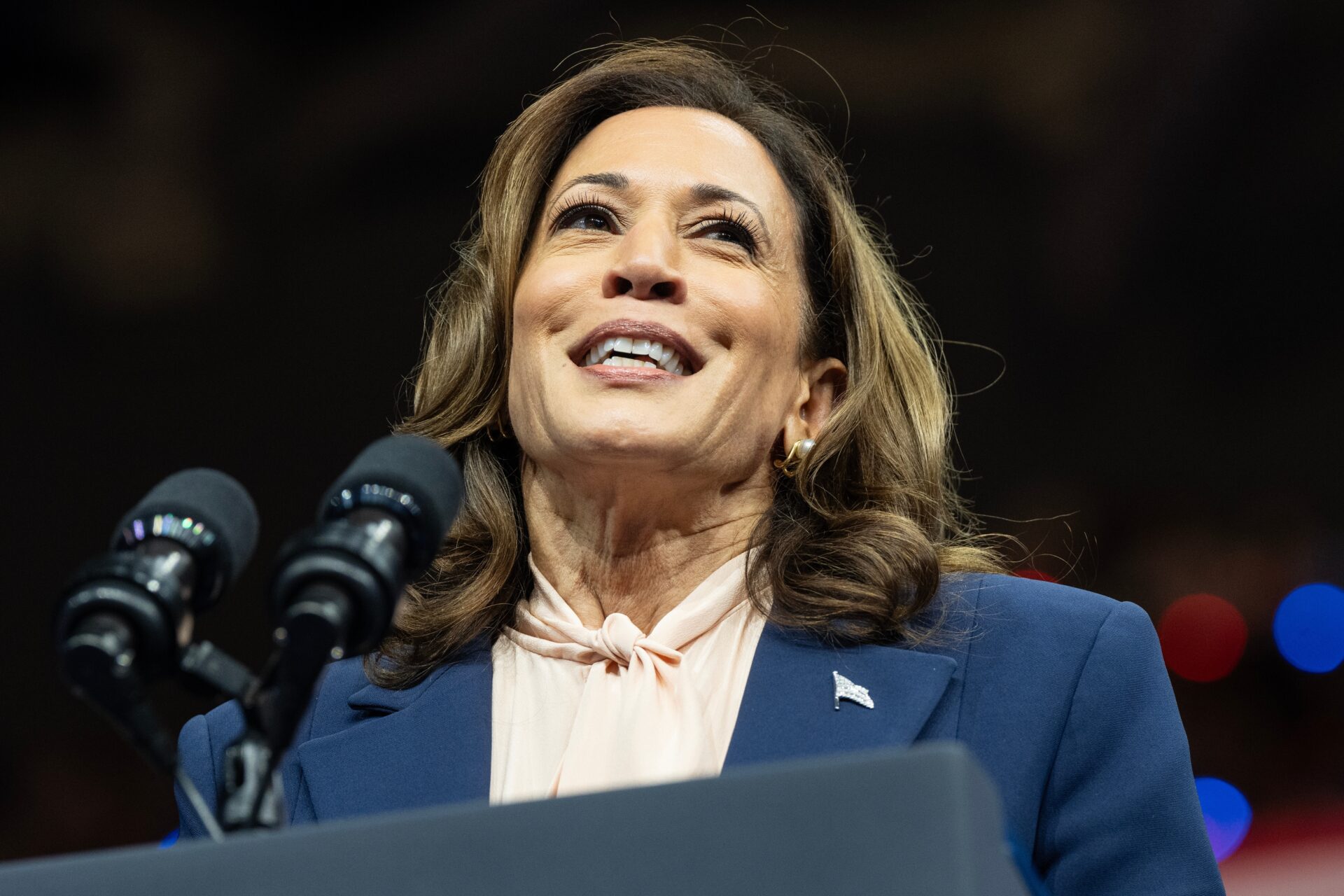
HHS REBUKES Gender Care – Is Science WEAK?
HHS advises healthcare providers to overhaul gender-affirming care protocols for minors, citing weak evidence and significant risks associated with current treatments.
At a Glance
- The Department of Health and Human Services issued a letter to medical practitioners urging updates to treatment protocols for minors with gender dysphoria
- HHS recommends psychotherapy as the first treatment option and warns against relying on discredited guidelines from WPATH and the Endocrine Society
- The letter references a 409-page review detailing weak evidence and notes international retreats from these treatments due to potential long-term adverse effects
- Centers for Medicare & Medicaid Services is reviewing federal payment policies and requesting information on consent procedures for these treatments
- Major health organizations criticized the HHS stance, while Republican lawmakers supported the move
HHS Challenges Current Gender Treatment Guidelines
The Department of Health and Human Services has taken a significant step in addressing gender-affirming care for minors by sending a two-page letter to healthcare providers, risk managers, and state oversight boards. The letter specifically urges updates to treatment protocols for children with gender dysphoria, highlighting concerning evidence gaps and potential risks associated with current practices. According to the communication, existing protocols lack substantial scientific backing and carry significant risks that warrant immediate attention from medical professionals responsible for treating vulnerable young patients.
— Gays Against Groomers (@againstgrmrs) May 3, 2025
The HHS letter directly challenges the World Professional Association for Transgender Health’s (WPATH) “Standards of Care” and the Endocrine Society guidelines, describing them as biased and not evidence-driven. These guidelines, which have been widely adopted across American healthcare systems, are no longer recommended by international medical bodies that have conducted thorough reviews of available research. Instead, the HHS advises healthcare providers to consider psychotherapy as the first-line treatment option for minors experiencing gender dysphoria rather than proceeding directly to medical interventions.
Financial Implications and Federal Review
The gender-affirming care industry represents a substantial financial market, with the U.S. sex reassignment hormone therapy sector alone valued at $1.21 billion in 2023. Major providers like Planned Parenthood have reported significant increases in gender services over recent years, while pharmaceutical companies continue to profit from puberty blockers and cross-sex hormones. This financial dimension adds complexity to the debate, as President Trump’s executive order has already blocked federal funds for such procedures, signaling a shift in government approach to these treatments.
Alongside the HHS letter, the Centers for Medicare & Medicaid Services (CMS) has initiated a comprehensive review of federal payment policies related to gender-affirming treatments. CMS has sent requests to hospitals demanding information about consent processes, adverse events, and billing practices for gender-affirming procedures. This dual-agency approach indicates a coordinated effort to address both clinical and financial aspects of gender care for minors, potentially affecting how these services are funded and delivered nationwide.
NY Times pro-trans hatchet job
"Federal Report Denounces Gender Treatments for Adolescents
The H.H.S. review may set the stage for additional restrictions on gender-affirming care. Critics described it as an ideological statement.
Listen to this article · 10:35 min Learn more…
— Ronni Nicole #KPSS (@RonniNicole1) May 3, 2025
Medical Community Response and Legal Implications
The HHS recommendations have prompted strong reactions from major health organizations. WPATH, the American Academy of Pediatrics, the Endocrine Society, and the Human Rights Campaign have criticized the HHS report, claiming it misrepresents research and disregards professional expertise. These organizations continue to emphasize what they see as benefits of gender-affirming care approaches, setting up a significant division within the medical community about appropriate treatment protocols for gender-dysphoric youth.
Meanwhile, state legislatures across the country are enacting laws to restrict or ban gender-affirming care for minors, with legal challenges expected to eventually reach the Supreme Court. Louisiana Republican Senator Bill Cassidy has publicly supported the HHS letter, aligning with the Trump administration’s position on gender treatments for children. The outcome of these legal and policy battles will likely determine the future landscape of gender care practices in the United States, affecting thousands of minors and their families seeking treatment for gender-related concerns.


